Intervention
Targeting Intervention | Making sure that every pupil makes progress
Mayflower Community Academy’s ‘5 Waves of Engagement’ plot the progressive the range of deliberate actions that the Academy takes to improve life chances and to facilitate learning throughout its community. The ‘Waves of Engagement’ are a holistic measure that goes beyond the ordinary goal of most schools… ‘Improving pupil outcomes’. 'The Waves' offer a moral compass by which the Academy can measure its effectiveness and impact. The outcomes of these measures are used to target resources to unlock talents and interests in-line with the community’s bespoke need.
The ’Waves of Engagement’ demonstrate that the Academy promotes learning as a life-long, inclusive process. This process thrives most when staff, parents, carers, pupils, cross-industry partners and expert agencies work in partnership. Each partner influences and enables learning for pupils and their families with equal weighting. All partners are encouraged to 100% ‘sign up’ and ‘step up’ to improving life chances of pupils and their families.
The Academy links with cross-industry partners to attract: 1) energy, 2) interest, 3) income into its community, which in turn generates increased access to 1) time, 2) space 3) resources 4) expertise for learning to thrive.
Each wave requires considerable attention both within its longer-term operational plans and daily and deliberate actions.
Mayflower Community Academy views the fundamental ‘Waves of Engagement’ as:
- Early family engagement with learning
- Deliberate attendance at school
- Engagement in learning and widening experiences
- Accelerating progress and deepening understanding
- Enabling others
A focus on Wave 4 | Accelerating Progress and Deepening Understanding
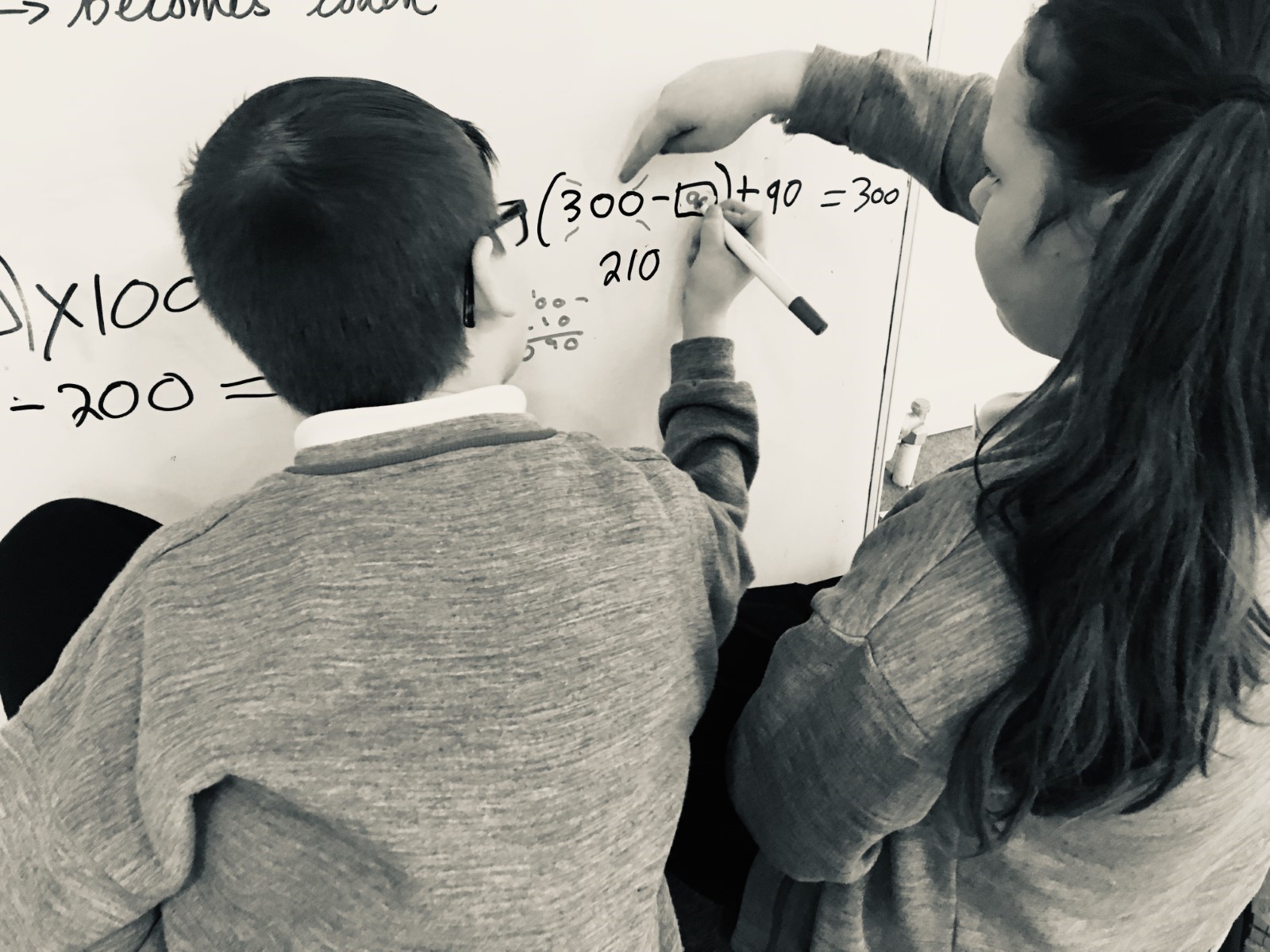

Metacognition and Self-regulation
Metacognition and self-regulation approaches aim to help pupils think about their own learning more explicitly, often by teaching them specific strategies for planning, monitoring and evaluating their learning. Interventions are usually designed to give pupils a repertoire of strategies to choose from and the skills to select the most suitable strategy for a given learning task.
Self-regulated learning can be broken into three essential components:
- cognition - the mental process involved in knowing, understanding, and learning;
- metacognition - often defined as ‘learning to learn’; and
- motivation - willingness to engage our metacognitive and cognitive skills.
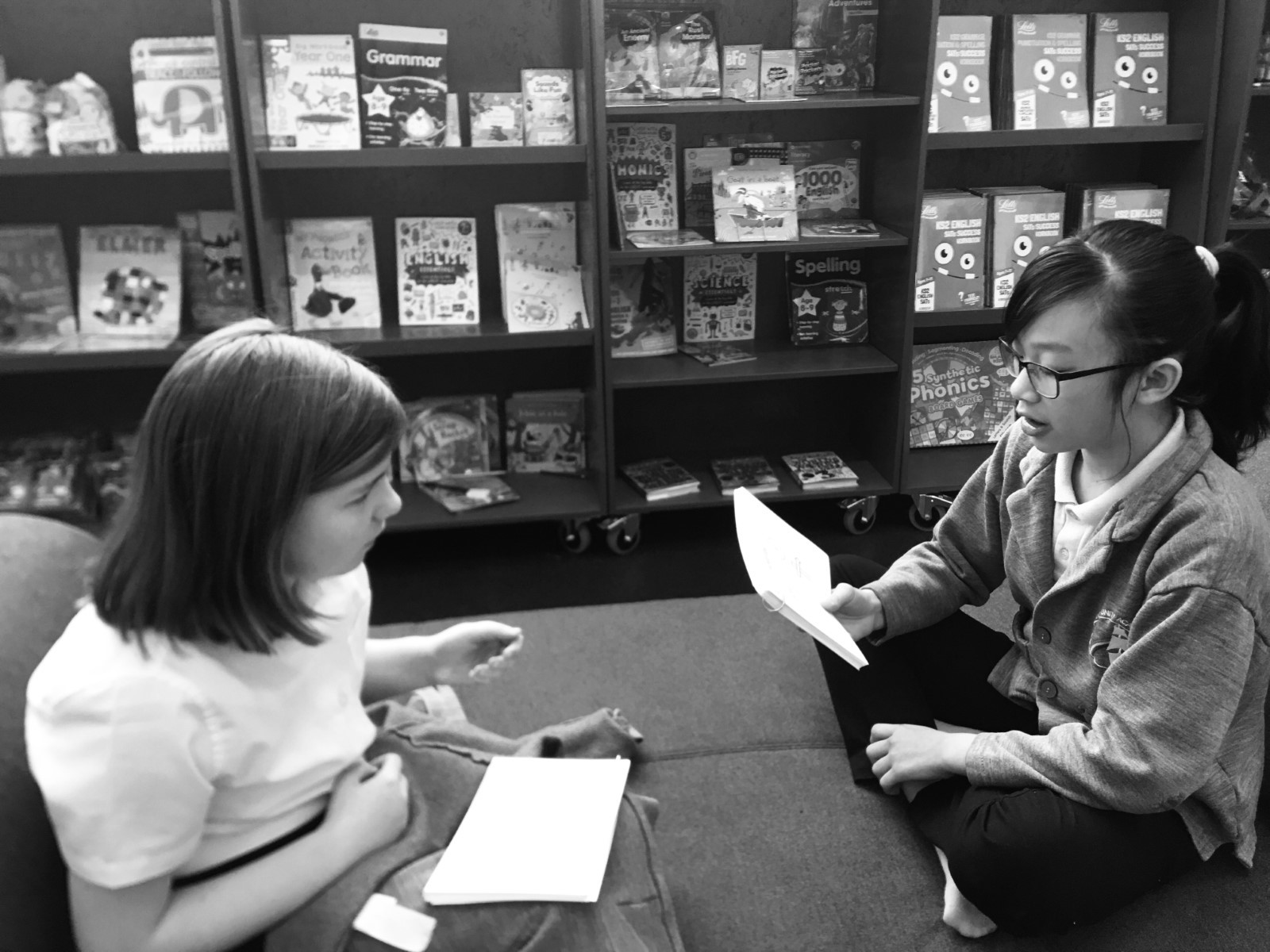
Coachee2Coach’ Programme
Extended Day Teacher Led -Teaching of Reading strategies and skills (self-regulation and P.E.R.M.S. feedback)
Easter School Teacher Led - Teaching of Reading and Maths strategies and skills (self-regulation)
Saturday School Teacher Led - Teaching of Reading and Maths strategies and skills (self-regulation)
Positive Learning Behaviour (self-regulation) support through daily Positive Learning Behaviour Tracking with allocated key workers (Reflection and Resolution)
1:1 intensive pupil support (LAC). Full time dedicated Teaching Assistant/ Support Mentor - (self-regulation)

Oral Language Intervention
Oral language interventions emphasise the importance of spoken language and verbal interaction in the classroom. They are based on the idea that comprehension and reading skills benefit from explicit discussion of either the content or processes of learning, or both. Oral language approaches include:
- Targeted reading aloud and book discussion with young children; explicitly extending pupils’ spoken vocabulary; the use of structured questioning to develop reading comprehension; and the use of purposeful, curriculum-focused, dialogue and interaction.
- Oral language interventions aim to support learners’ articulation of ideas and spoken expression. Oral language interventions therefore have some similarity to approaches based on Meta cognition which make talk about learning explicit in classrooms (such as Philosophy for Children), and to Collaborative learning approaches which promote pupils’ talk and interaction in groups (such as Thinking Together).
-
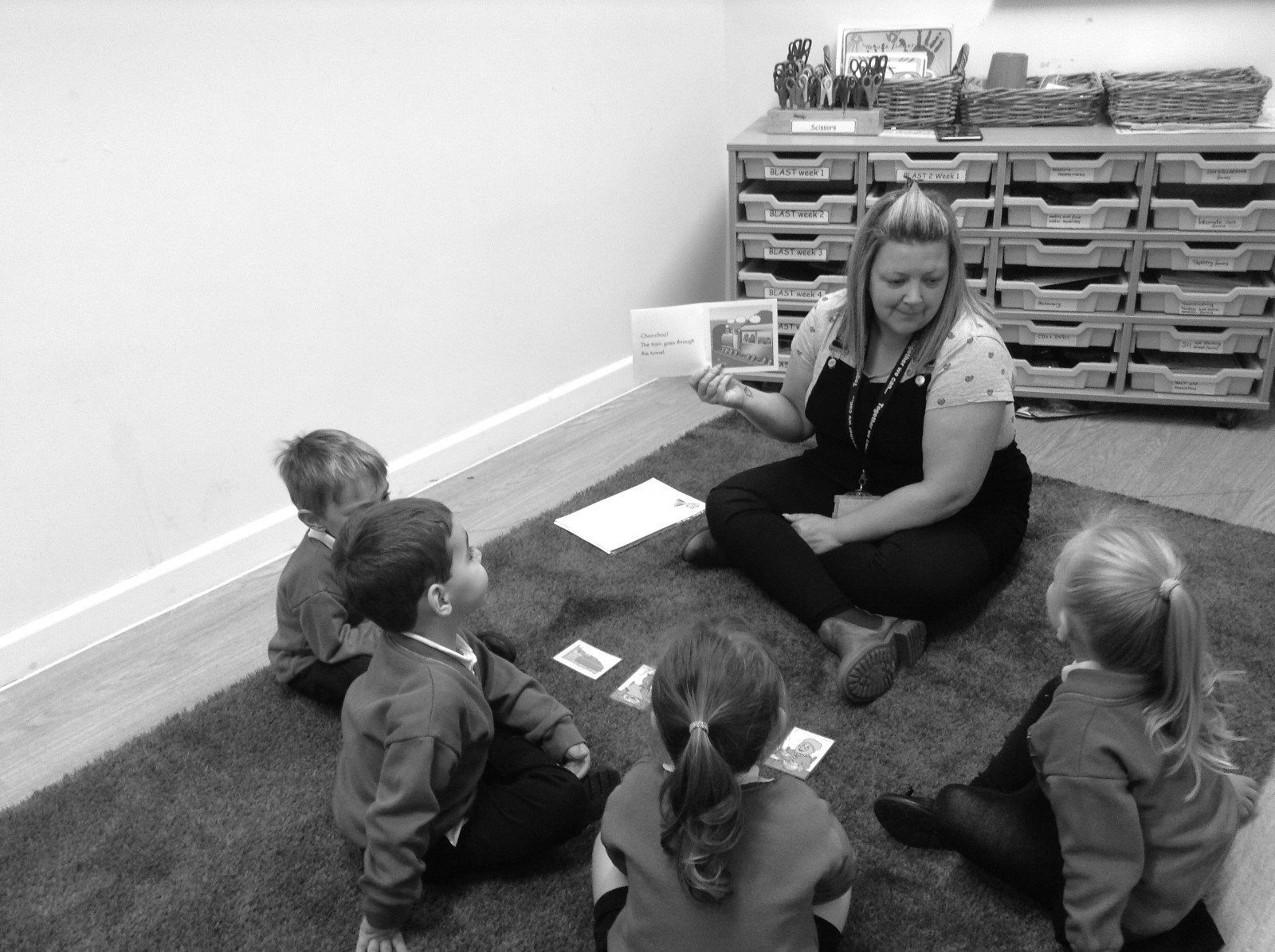
1:1 or small group support (developing expressive and receptive language skills)
Speech Link Intervention

Parental Engagement
We define parental engagement as the involvement of parents in supporting their children’s academic learning. It includes:
-
approaches and programmes which aim to develop parental skills such as literacy or IT skills;
-
general approaches which encourage parents to support their children with, for example reading or homework;
-
the involvement of parents in their children’s learning activities; and
-
more intensive programmes for families in crisis.
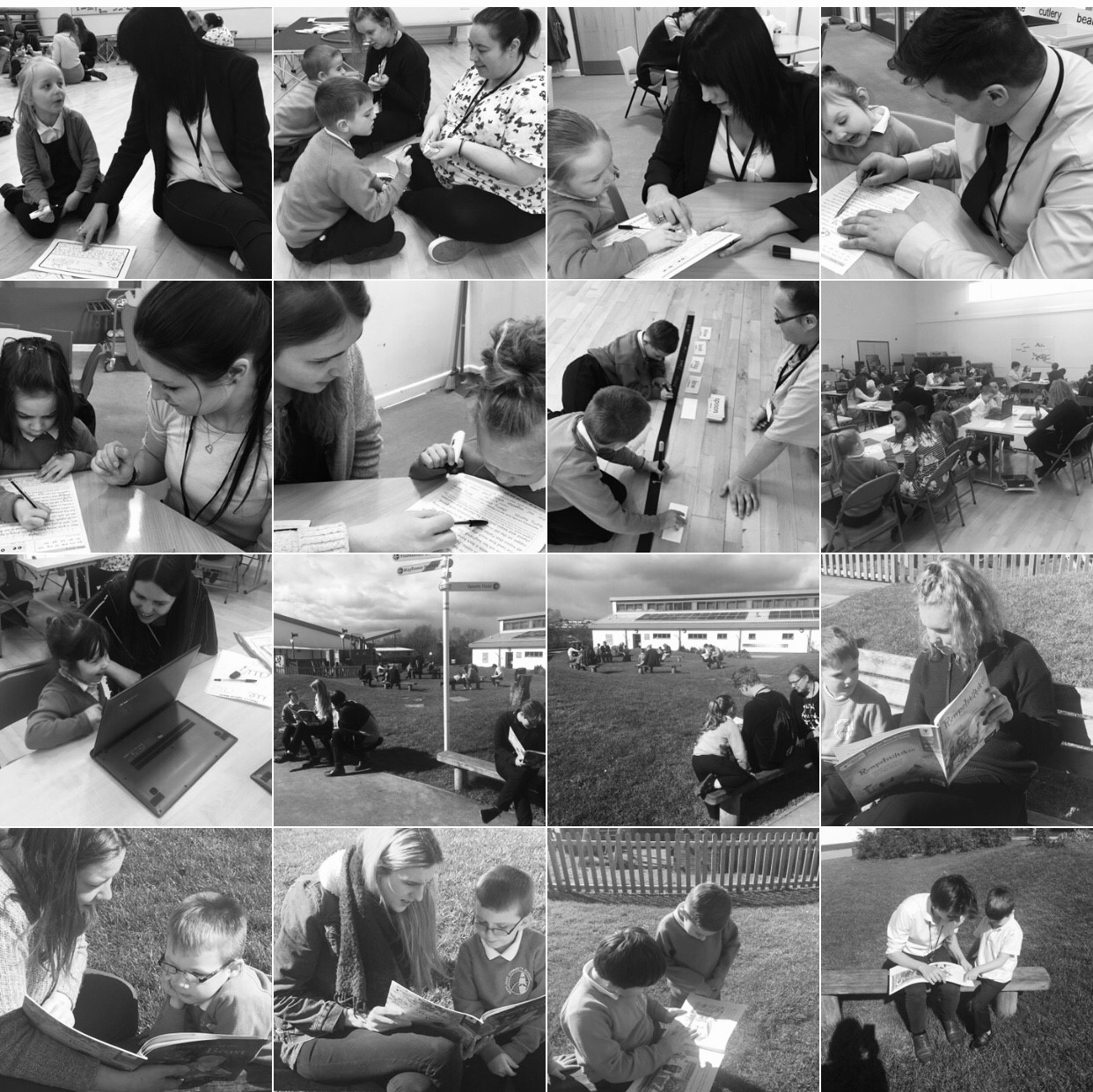
Parent/Carer and pupil Maths workshops based on ‘Spaced Practice Activities’ linked to Home Learning Toolkits.
Parent/Carer and pupil Phonics and ‘Early Reading Workshops’ based on ‘Bug Club’ phonics.
Parent/Carer/Volunteers (Trained Reading Champions), leading targeted space practice in Reading and Phonics.
Strategic pupil progress meetings with families to provide tailored support strategies and resources to empower positive parent engagement (SENDCo, outside agencies, key worker and Family Support Advisor).

One to One Tuition
One to one tuition involves a teacher, teaching assistant or other adult giving a pupil intensive individual support. It may happen outside normal lessons as additional teaching.
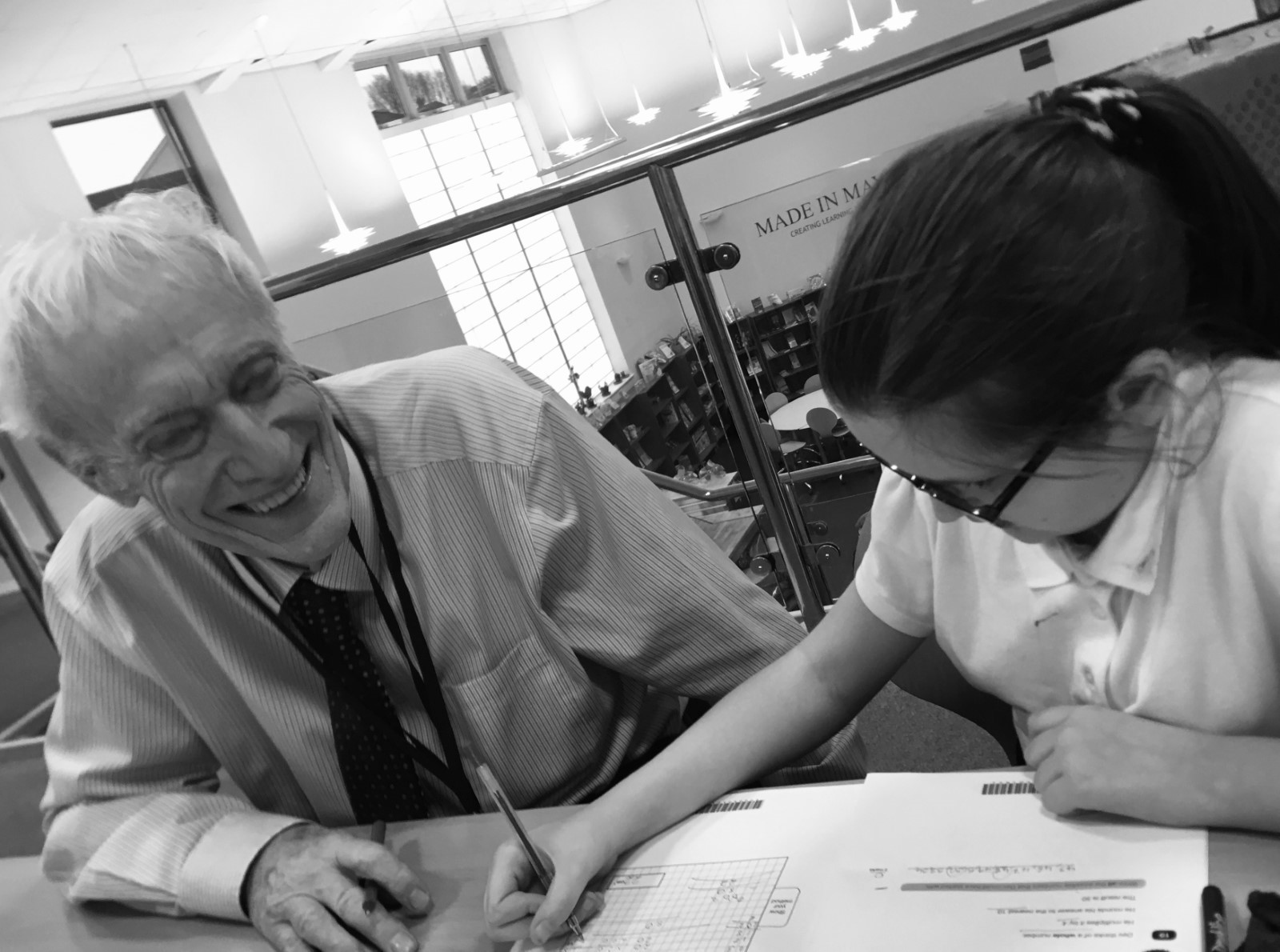
Extended day 1:1 Maths Specialist Tutoring with qualified teachers
1:1 planned spaced practice activities for targeted objectives based on individual pupils misconceptions.
1:1 ‘5 Minute Maths Box’ Intervention
MCA HLTA providing 1-1 Intensive Reading daily sessions to support lower attaining readers/ disadvantaged pupils.
1:1 ‘5 Minute Reading Box’ intervention and precision teaching
1:1 Writing Conferencing (Intensive individual Support) with key worker.

Small Group Tuition
Small group tuition is defined as one teacher or professional educator working with two to five pupils together in a group. This arrangement enables the teacher to focus exclusively on a few learners, usually in a separate classroom or working area. Intensive tuition in small groups is often provided to support lower attaining learners or those who are falling behind, but it can also be used as a more general strategy to ensure effective progress, or to teach challenging topics or skills.
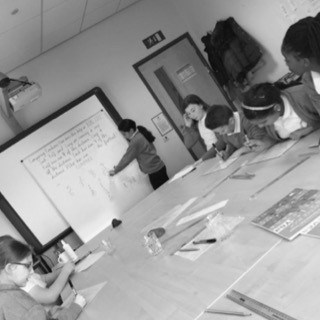
MCA Subject Specialist Teachers - Intensive tuition in small groups to support lower attaining learners/ disadvantaged
MCA Subject Specialist Teachers - Intensive tuition in small groups to target specific misconceptions identified by class teacher/ key worker
MCA SENDCo - Intensive tuition in small groups to teach pupils with complex learning needs to address misconceptions identified by class teacher/ key worker
KS1 Intensive small group Reading for SEND working below age related expectation - led by Reading Team.
Extended Day - Small group Writing Tuition. Lead by Writing and Grammar Lead.

Extended School Time +3
This summary focuses on extending core teaching and learning time in schools and the use of targeted before an after school programmes. The research focuses on three main approaches to extending teaching and learning time in schools:
-
extending the length of the school day
-
extending the length of the school day; and providing additional time for targeted groups of pupils, particularly disadvantaged or low-attaining pupils, either before or after school.
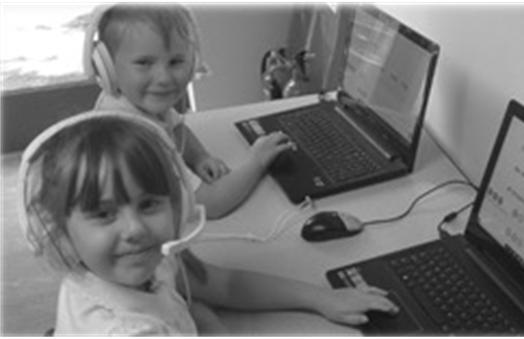
MCA Subject Specialist Teachers - Intensive tuition in small groups to target specific misconceptions for disadvantaged or lower attaining learners as part of extended day provision including Saturday School and Easter School.
Coachee 2 Coach as part of extended day provision.
MCA ARROW trained TAs/Higher level teaching Assistant leading small group ARROW sessions on a daily basis before and after school.
Extended day MCA KS1 Phonics/Reading teaching targeted low attaining small group of pupils. These groups are led by Reading Lead and Phonics trained Higher level teaching Assistant.
Extended day KS1 and KS2 Teaching of Reading led by Higher level teaching Assistant supporting low attaining /disadvantaged pupils.
Extended Day –Able and Talented Writing Group (Peer P.E.R.M.S.)

Peer Tutoring
Peer tutoring includes a range of approaches in which learners work in pairs or small groups to provide each other with explicit teaching support, such as:
-
cross-age tutoring, in which an older learner takes the tutoring role and is paired with a younger tutee or tutees;
-
peer assisted learning, which is a structured approach for mathematics and reading with sessions of 25 –35 minutes two or three times a week; and
-
reciprocal peer tutoring, in which learners alternate between the role of tutor and tutee.
The common characteristic is that learners take on responsibility for aspects of teaching and for evaluating their success. Peer assessment involves the peer tutor providing feedback to the tutee relating to their performance and can take different forms, such as reinforcing learning or correcting misunderstandings.
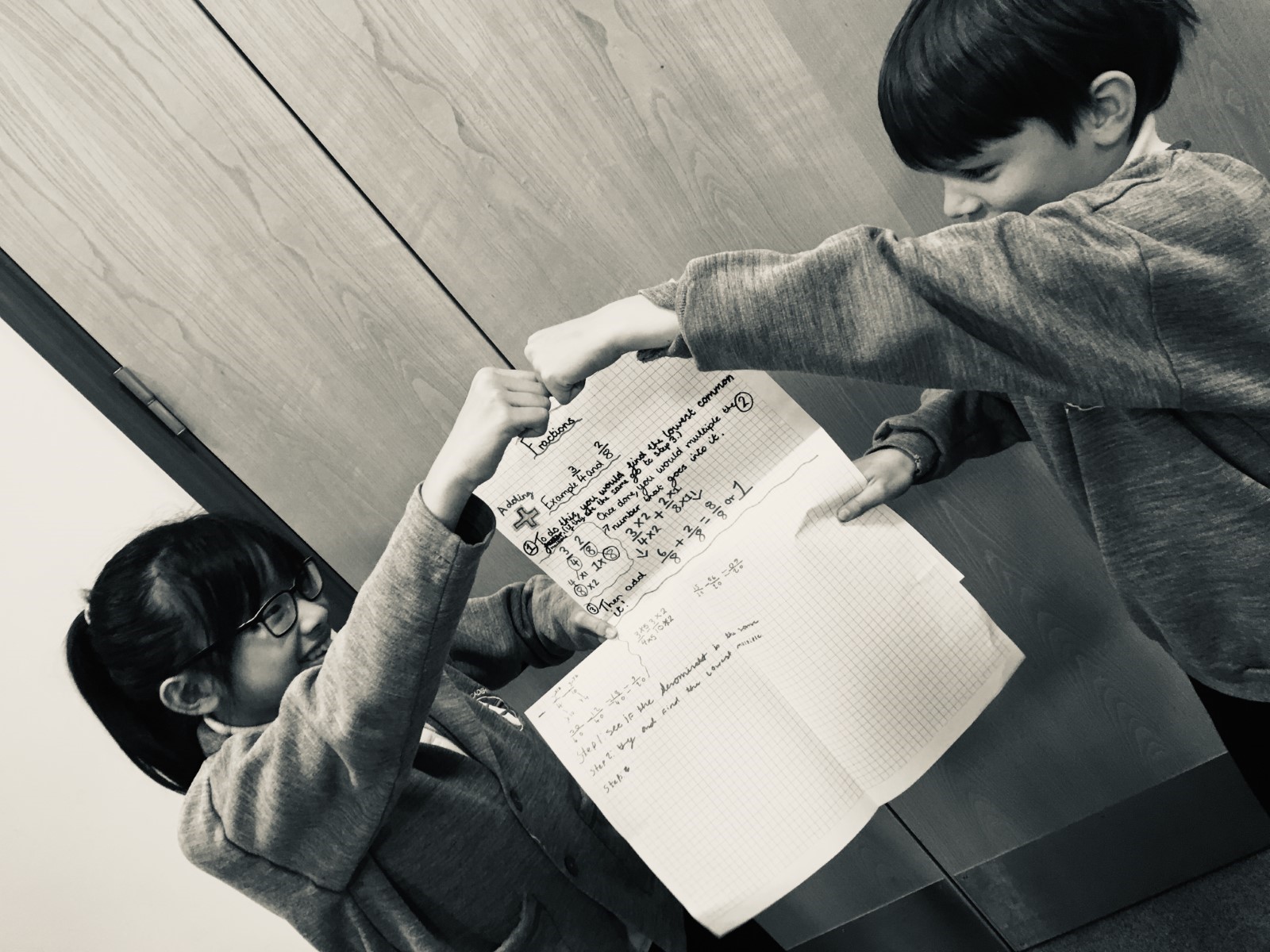
Reading Buddies- KS2 to KS1
Cross age tutoring through after school Reading Club with teacher lead.
Extended Day –A&T Writing Group (Peer P.E.R.M.S.)
Coachee2Coach
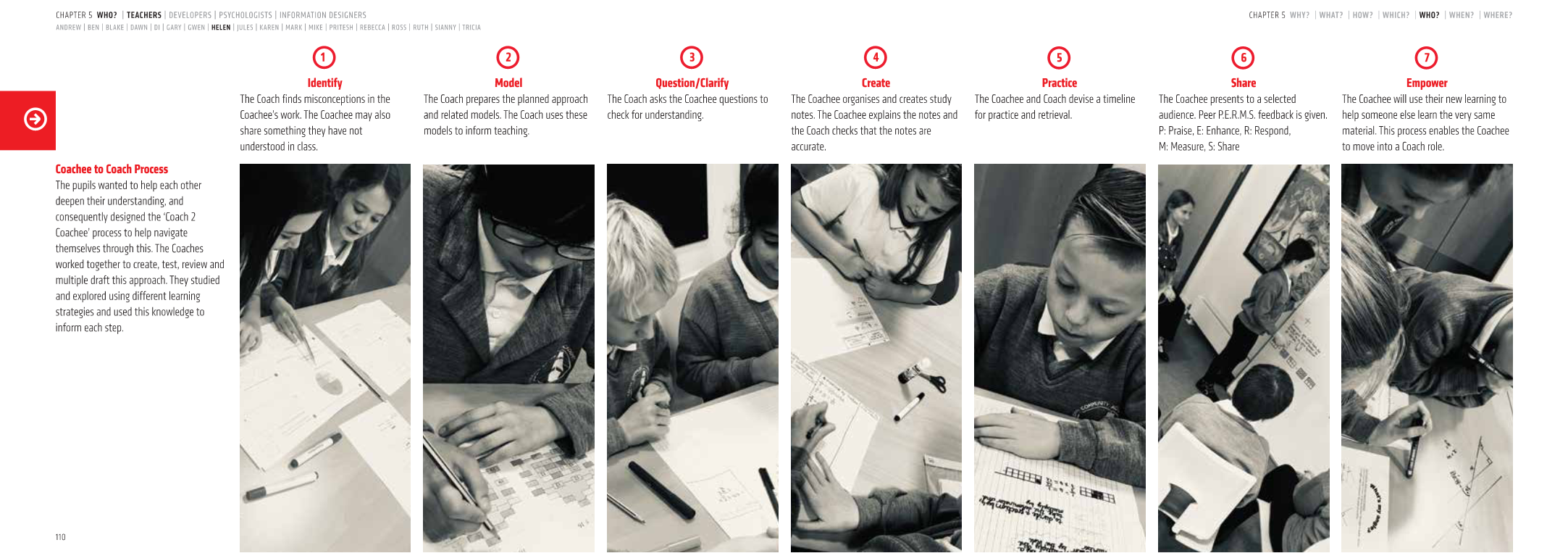
M.C.A. Early Years Intervention
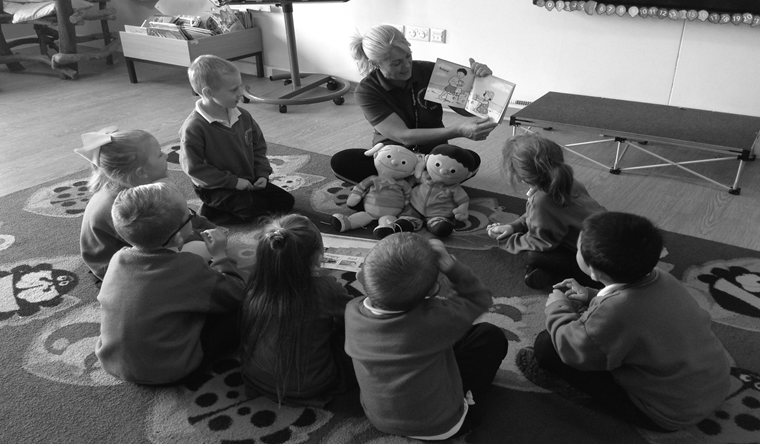
Early years or early childhood interventions aim to ensure that young children have educational pre-school or nursery experiences which prepare them for academic success.

Early Literacy Approaches +4
Early literacy approaches aim to improve young children’s skills, knowledge or understanding related to reading or writing. Common approaches include:
Story telling, group reading and activities that aim to develop letter knowledge, knowledge of sounds and early phonics; and introductions to different kinds of writing.
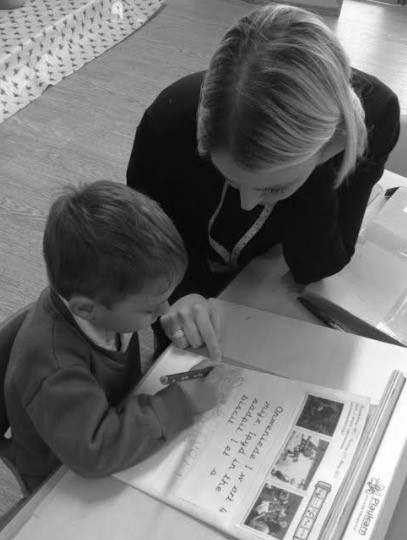
Targeted phonics interventions addressing misconceptions during and after the school day.
Targeted phonics parents and carer workshops-modelling activities, addressing misconceptions and highlighting next steps.
Teacher Led pre-cursive letter formation workshops for parents and carers

Communication and Language Approaches
Communication and language approaches emphasise the importance of spoken language and verbal interaction for young children.
They are based on the idea that children’s language development benefits from approaches that explicitly support communication through talking, verbal expression, modelling language and reasoning.
Communication and language approaches used in the early years include reading aloud to children and discussing books, explicitly extending children’s spoken vocabulary by introducing them to new words in context, and drawing attention to letters and sounds. They also include approaches more directly aimed at developing thinking and understanding through language, such as ‘sustained shared thinking‘ or ‘guided interaction’.
Approaches usually involve an early years professional, Higher Learning Teaching Assistant or teaching assistant, who has been trained in the approach, working with a small group of children or individually to develop spoken language skills.
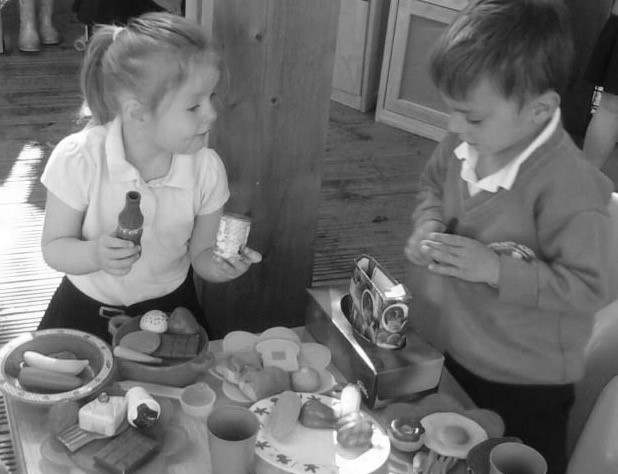
B.L.A.S.T. Early Years Intervention
Targeted Speech and Language (concepts) intervention

Early Numeracy Approaches
Early numeracy approaches aim to develop number skills and improve young children’s knowledge and understanding of early mathematical concepts. Activities in this area might be structured, for example through programmes designed to develop children’s ‘number sense’ (their developing understanding of quantity and number), or more informal, such as using mathematical games including computer games (see also Digital technology), or pretend activities involving counting or using other mathematical language.
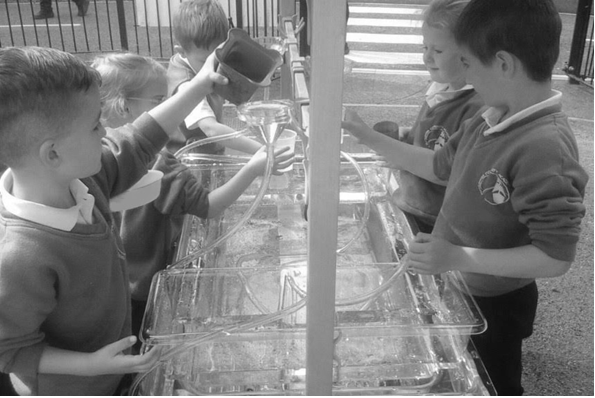
Targeted number interventions focusing on misconceptions during and as part of Academy extended day.
Targeted parents and carers Numeracy Workshops focusing on misconceptions and scaffolding and enabling next steps.
High quality maths manipulatives used to enrich teaching and learning (home).

Parental Engagement
Actively involving parents in supporting their children’s learning and development. Strategies include: approaches that encourage parents to read and talk with their children at home or to participate in activities in the early years setting; programmes that focus directly on parents themselves, for example, providing training in parenting skills or adult numeracy and literacy support; and more intensive programmes for disadvantaged families or families in crisis, for example, through schools appointing a family liaison that work with parents through either home visits or other targeted approaches.
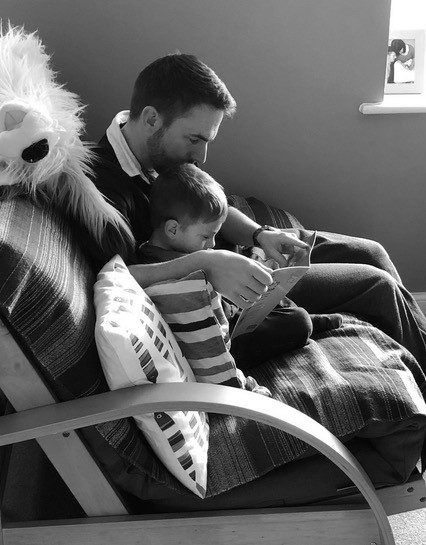
Targeted parent workshops for core areas of learning in order to support lower attaining disadvantaged pupils.
‘Come and Play’ sessions with parents and carers to model expectations and support strategies such learning strategies to be used in the home e.g. spaced practice to address misconceptions.
P.E.R.M.S. Projects – Real and relevant opportunities for parental engagement.
Tapestry engages communication with parents, sharing progress and explaining misconceptions.
Planned Home Learning Activities to support pupils, celebrate achievements and raise awareness of next steps in each pupil’s learning journey.

Physical Development Approaches
Physical development approaches aim to improve young children’s physical growth, skills and health. Activities in this area may be focused on a particular aspect of physical development, e.g. fine motor skills related to writing, or be more general, for instance, encouraging active outdoor play.
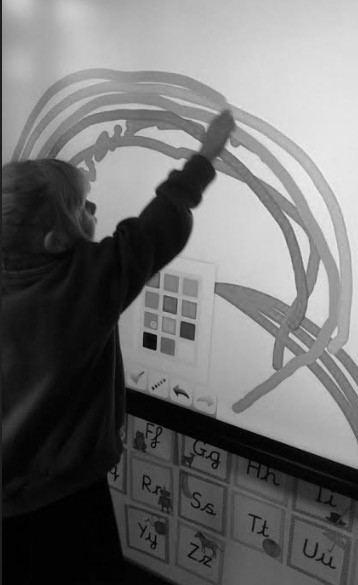
Dough disco targeted intervention.
Write dance targeted intervention.
Finger gym targeted intervention.
Developing Fundamental Skills through Dance - Extended day
Change 4 Life parent/carer and child club with coach - Extended day
Toothbrush Bus – Daily toothbrushing.

Self Regulation Strategies
Self-regulatory skills can be defined as the ability of children to manage their own behaviour and aspects of their learning. In the early years, efforts to develop self-regulation often seek to improve levels of self-control and reduce impulsivity. Activities typically include supporting children in articulating their plans and learning strategies and reviewing what they have done. A number of approaches use stories or characters to help children remember different learning strategies. It is often easier to observe children’s current self-regulation capabilities when they are playing or interacting with a peer. Self-regulation strategies can overlap with Social and emotional learning strategies and behaviour interventions.

Peer Massage.
Small group Positive Learning Behaviour Games e.g. taking turns, persevering.
THRIVE activities 1:1 and Social Stories Intervention.
